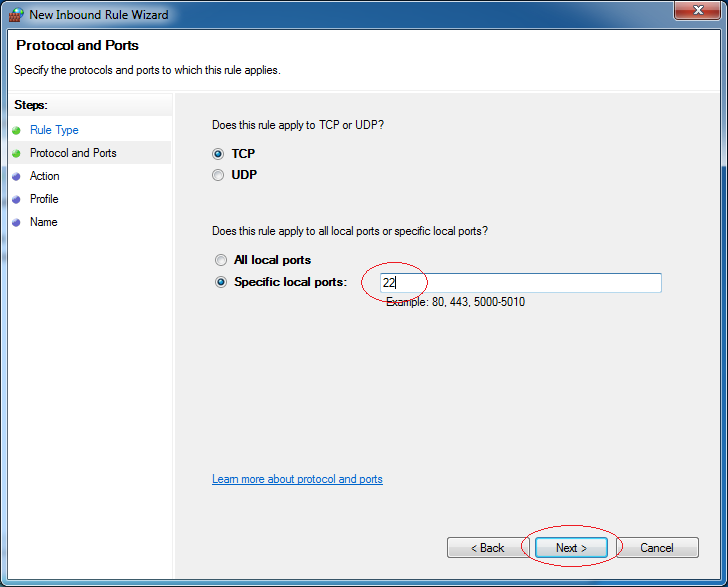

Also, root on the local machine has access to your keys although one assumes that if you can't trust root (or root is compromised) then you're in real trouble. If you don't passphrase protect your key, then anyone gaining access to your local machine will automatically have ssh access to the remote server. It is up to you to decide whether or not you should add the passphrase protective encryption to your key when you create it. If you don't want to still be asked for a passphrase (which is basically a password to unlock a given public key) each time you connect, just press enter when asked for a passphrase when creating the key pair. This will create two files stored in your (hidden) ~/.ssh directory called: id_rsa and id_rsa.pub The first: id_rsa is your private key (which you never want to share) and the other: id_rsa.pub is your public key. Step 1: Create the RSA Key Pairįirst, create a public/private key pair on the client that you will use to connect to the server (you will need to do this from each client machine from which you connect): You generate an SSH key through Mac OS X by using the Terminal application. The command-line tools to create and use SSH are standard, and should be present on Mac OS X and most Linux distributions. It's a relatively simple process to create a public/private key pair and install them for use on your ssh server. Secondly, once public/private key pair authentication has been set up on the server, you can disable password authentication completely meaning that without an authorized key you can't gain access - so no more password cracking attempts. Firstly, it is convenient as you no longer need to enter a password (unless you encrypt your keys with password protection) if you use public/private keys. Using encrypted keys for authentication offers two main benefits. How To Use SSH Keys on Linux/Mac OS X Clients


 0 kommentar(er)
0 kommentar(er)
